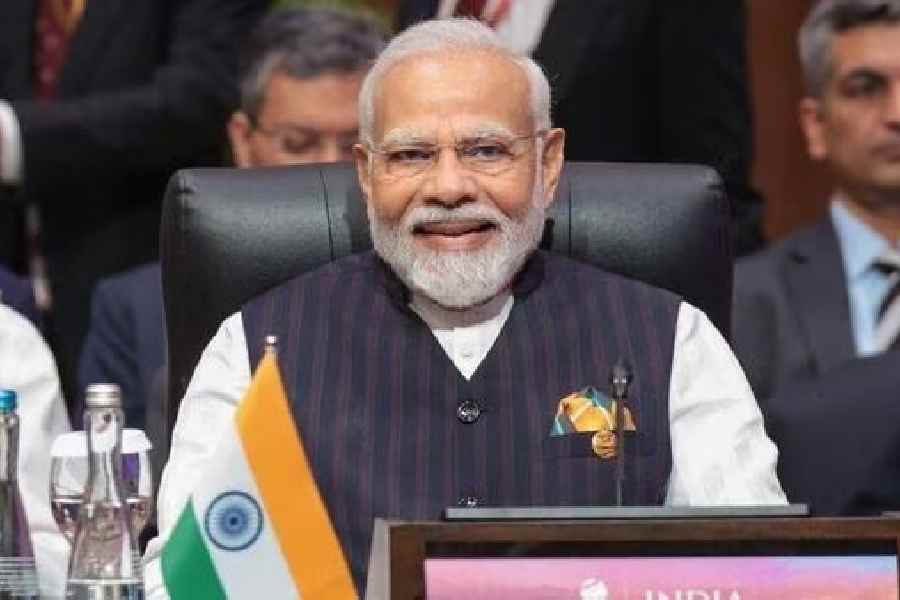Even as the G20 Summit in New Delhi hogged the headlines last weekend, a brief visit by Prime Minister Narendra Modi to Indonesia underscored India’s growing ambitions to assume the role of the leader of the Global South. Mr Modi spent less than a day in Jakarta. But he attended an annual meeting with the Association of Southeast Asian Nations and participated in the East Asia Summit, two platforms that are central to the economic and security landscape of the Indo-Pacific region. The Asean, which consists of Indonesia, Vietnam, Laos, Cambodia, Myanmar, Singapore, the Philippines, Malaysia, Thailand and Brunei, has been a pivotal pillar of India’s Act East policy. The East Asia Summit includes Asean nations along with India, the United States of America, China, Japan, Russia, South Korea, Australia and New Zealand. By attending the summits in Jakarta even though he was to host G20 leaders in New Delhi immediately after, Mr Modi helped send a message on the importance New Delhi gives to the Indo-Pacific. The weight of that message was magnified by the fact that Chinese president, Xi Jinping, and the US president, Joe Biden, both skipped the conclaves in Indonesia, which rescheduled the meeting timings to allow Mr Modi to attend.
Yet it was not all symbolism in Indonesia. The summits were held days after China issued new maps claiming both Indian territory in the Himalayas and parts of the South China Sea that multiple Southeast Asian nations insist belong to them. In his addresses in Jakarta, Mr Modi emphasised the need for all nations to respect the territorial integrity and the sovereignty of others, signalling to Southeast Asia just how much India understands that region’s worries. He also pitched a transport corridor connecting Southeast Asia with Europe via India and West Asia. It is possible that the project Mr Modi outlined in Jakarta could meld with a separate connectivity initiative linking India to Europe through the Middle East that was announced on the margins of the G20 meet. Still, for all the convergence, there are differences between India and most other Southeast Asian nations on Myanmar, which Asean has cut off from its conclaves, but which New Delhi continues to engage. As India seeks a bigger role in the world amid threats from China, it must expand areas of agreement and eliminate any tensions with Southeast Asia. Mr Modi’s Jakarta visit was a positive step in that direction.











